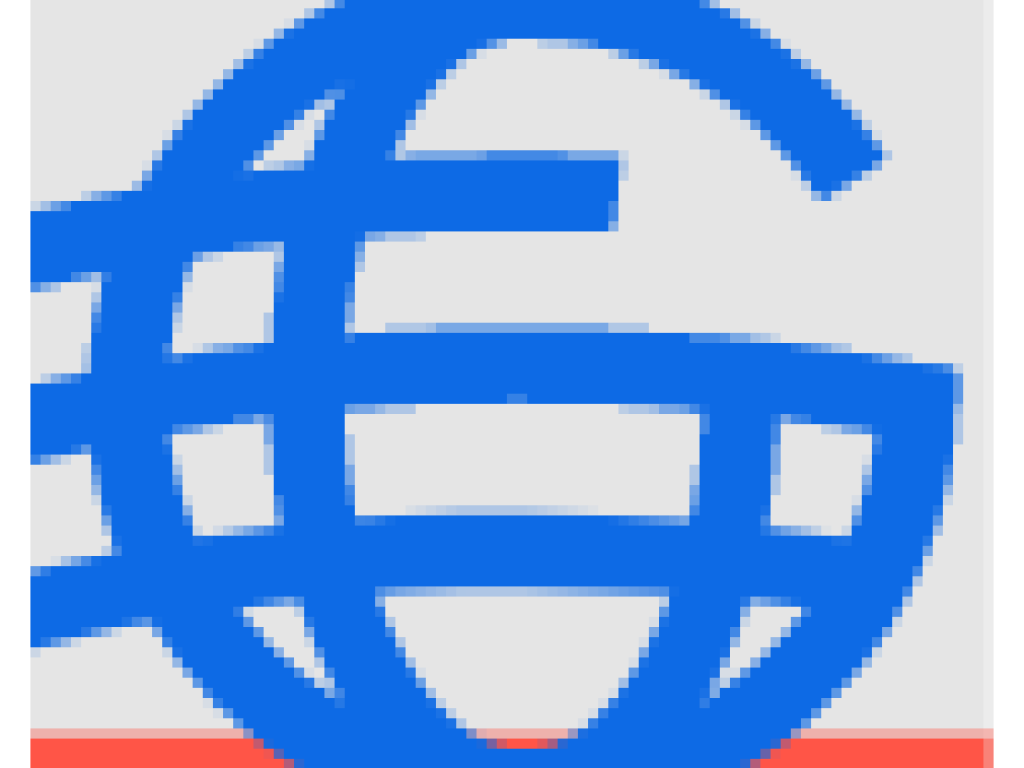DOT4D at OE Global 2022

DOT4D Principal Investigator Dr Glenda Cox and Researcher Bianca Masuku attended the Open Education Global Conference 2022 on 23–25 May in the beautiful city of Nantes, in France. After a two-year hiatus in in-person conferencing due to the pandemic, the in-person conferencing opportunity at OE Global seemed to spark a renewed energy for open education in all delegates and there was an excitement to unpack and critically engage with the idea of “the future [being] open”.
One of the key aims of the conference was to encourage international cooperation that furthers the implementation of the UNESCO Recommendation on Open Educational Resources. The programme was arranged around plenaries, thematic sessions and learning labs, all of which were guided by the key action areas of Capacity Building, Policy, Access and Sustainability as well as focused topics which were perceived to be pertinent by the global open education community. The DOT4D team participated in sessions that explored and interrogated the value and prospects of OER, understandings and practical applications of social justice in OER development, and questions and considerations around collaboration, co-creation and student involvement.
The many moments of engagement that were sprinkled throughout the conference encouraged rich discussions and conversations and allowed for many opportunities for meaningful interaction with international colleagues; talks about the synergies within our collective work; networking and sense-making within the broader global community; and explorations of the many possibilities for collaboration therein. These moments also revealed a great sense of openness, care, encouragement, support and passion emanating from the researchers, practitioners and policy-makers in the community working not only to expand the impact of open education but also to grow capacity within the field.
The DOT4D team delivered a presentation on “Open textbook authorship, quality assurance and publishing: Social justice models of participatory design, engagement, co-creation and partnership”. The presentation demonstrated how academics at UCT are embarking on open textbook initiatives in response to a largely mutual set of social injustices they witness in their classrooms related to affordable access, curriculum transformation and multilingualism. With a focus on student co-creation and inclusion, the DOT4D team presented models that address social (in)justice in the classroom and explored ways in which institutions can address sustainability in order to support open textbook development activity.
